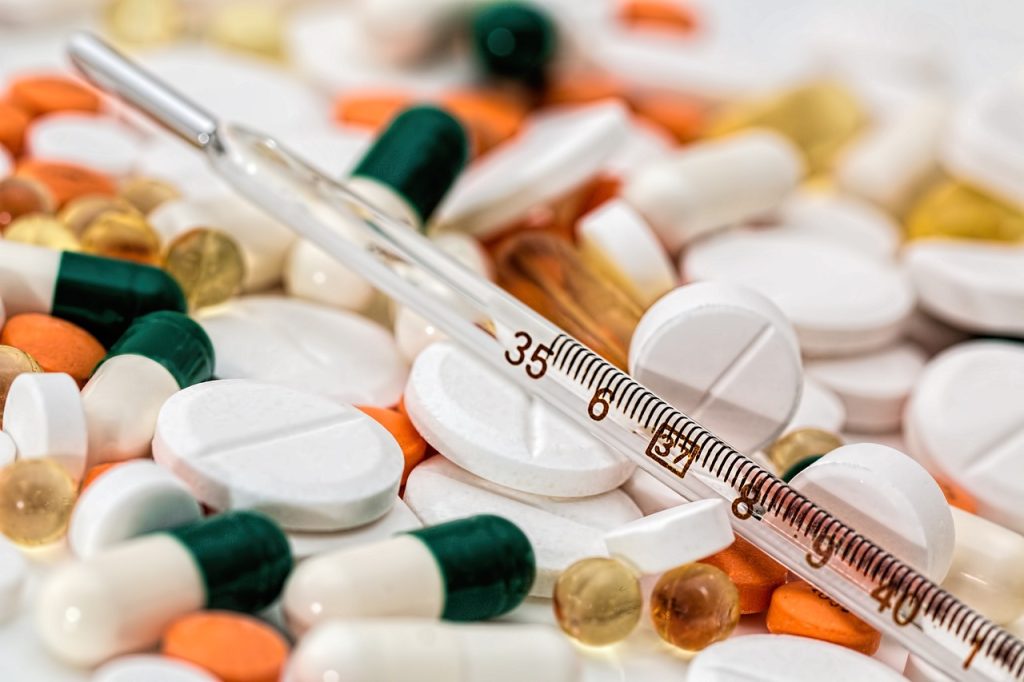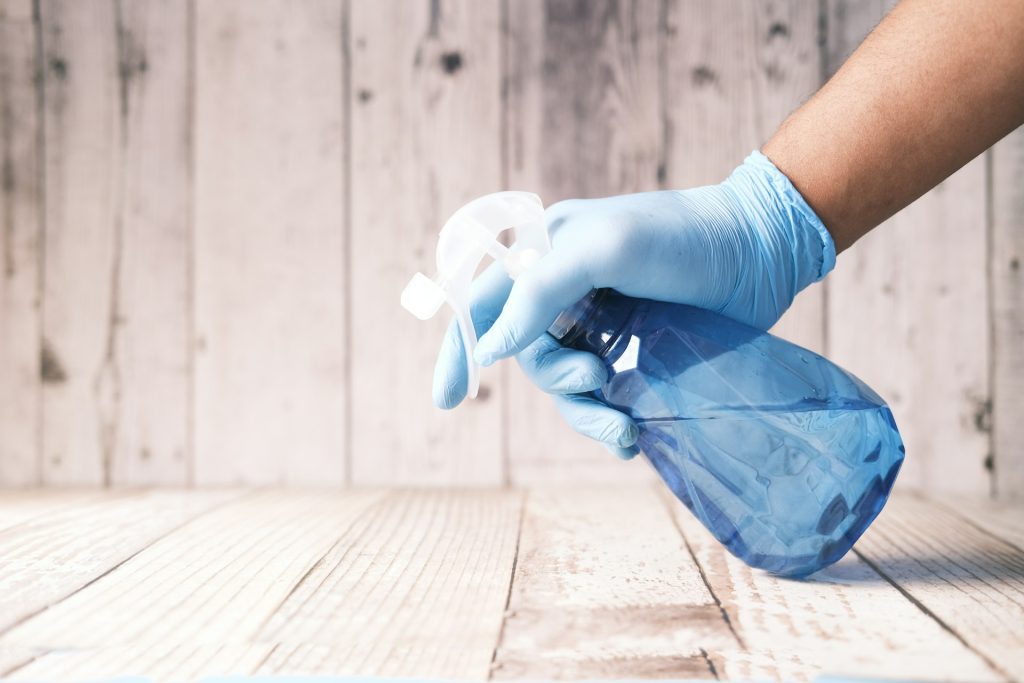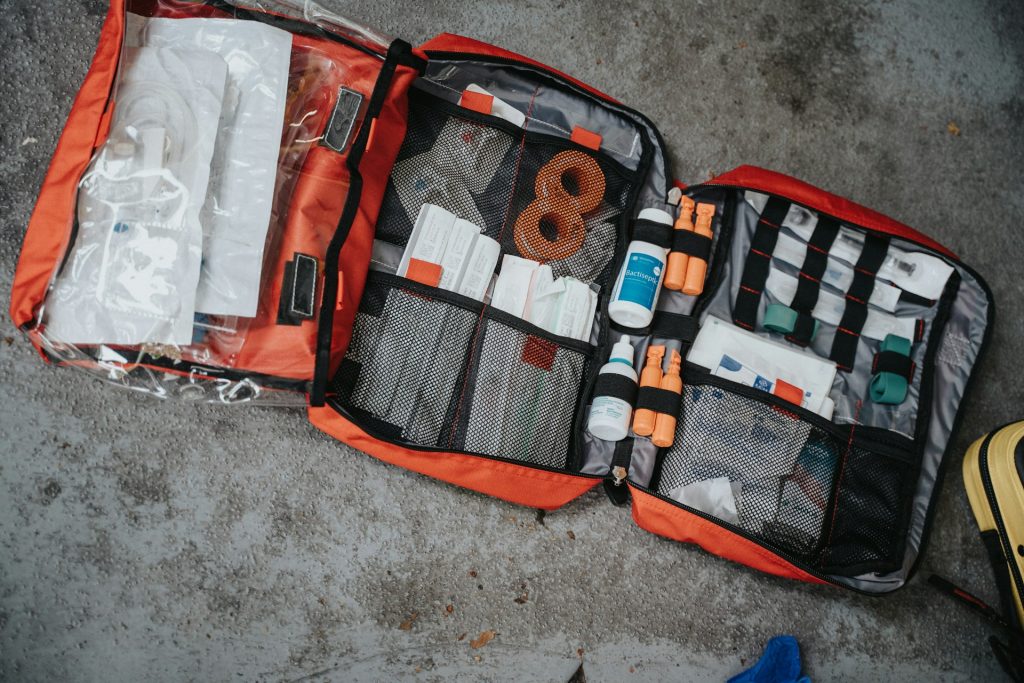The World Health Organization proposed a viewpoint in its 1946 Constitution that health is not merely the absence of disease or infirmity, but a state of complete physical, mental, and social well-being. In other words, a person who is completely healthy not only possesses a healthy body and mind but also needs to grasp basic health concepts. This is not only responsible for one’s own health but also for the health of others.
However, in reality, there are still many misconceptions about health, scientific knowledge, and even safety and first aid among most people. Therefore, please take the time to read the following 9 health tips that everyone should know.
1. Mixing medications can be harmful
Recently, more and more people have been stockpiling medications, and many individuals start taking medication frequently as soon as they experience symptoms. Some may even increase the dosage without proper guidance. However, combining medications does not have the desired effect of 1+1>2; instead, it carries the risk of 1+1>2. In addition to causing drug allergies, mixing medications may also lead to adverse reactions. For example, many cold medicines contain acetaminophen. When used in small doses, it is generally safe, but taking excessive doses can cause liver damage and, in severe cases, acute liver failure, posing a life-threatening risk. When self-administering medications at home, it is essential to carefully read the drug instructions or consult a doctor and avoid increasing the dosage and frequency arbitrarily.

2. Avoid excessive and widespread spraying of disinfectants at home
Alcohol spraying is the most common disinfection method in most households. However, spraying alcohol over a large area can be extremely dangerous if exposed to an open flame. Moreover, it can be wasteful. The most cost-effective disinfection method is to open windows for ventilation. Opening windows 2 to 3 times a day for about half an hour each time can effectively reduce the number of viruses in the air. For relatively enclosed rooms such as bathrooms and kitchens, chlorine-based disinfectants or 75% alcohol can be used for wiping. However, for daily household disinfection, it is recommended to prioritize physical methods. Regular cleaning, adequate ventilation, sun-drying bedding, and high-temperature cooking of utensils are all good disinfection methods.

3. Check the household medicine cabinet every six months
Research has shown that only 40.6% of households have the habit of regularly checking their medicine cabinets. However, medications do have expiration dates, so it is best to check the household medicine cabinet every six months. Medications in the cabinet should be categorized based on the health conditions and ages of family members. For example, children’s medications should be separated from adult medications, and internal medications should be separated from external medications. Also, remember not to throw away the packaging boxes and instructions of medications, as they are useful for checking the production dates and drug ingredients.


